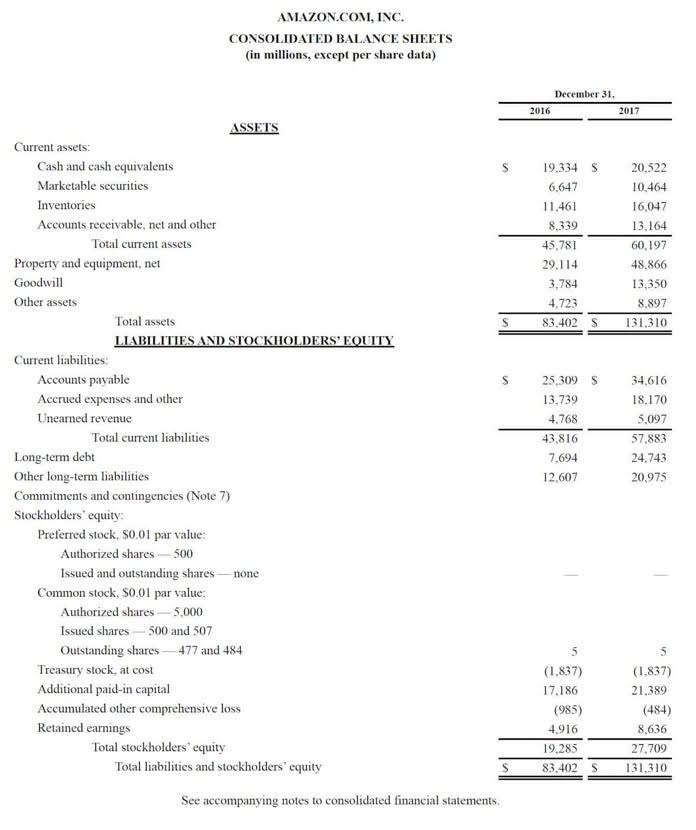
An outstanding check represents a check that hasn’t been cashed or deposited by the recipient or payee. One state is that the payee has the check but hasn’t deposited or cashed it. They must make sure that enough money remains in their checking account to cover the check until it is paid. The payee may cash the check immediately or might hold onto it for months.
Be a financially smart family!
- Eisen’s platform offers real-time insights into your escheatment liabilities across all states.
- Tracking of payments can be accomplished through the use of checks, which provide both a paper trail and evidence of payment.
- Adhering to these practices enhances financial control and transparency, reduces errors, and promotes efficient cash flow management.
- The check register includes details such as the check number, date of issuance, payee, and the amount of the check.
- The first step is to identify all checks issued accurately but remain uncashed or unclaimed.
This leads to decreased cash reserves which affects capital expenditure budgets. An outstanding check example could be a rent check you mailed to your landlord, but they have not deposited it retained earnings balance sheet yet. They are key components of transactions involving payments or transfers.
What can happen if an outstanding check is not cleared?
Other reasons include delays in the mail system, clerical errors, or discrepancies between the company’s records and the bank’s records. Regardless of the reason, it is crucial to identify outstanding checks and take appropriate action to bring them to resolution. This is why your (or company) bank accounts need to be reconciled with the bank statement. There is a discrepancy between what your checkbook or accounting system says you have in your account and what the bank reports on your monthly statement.
The Role of Normal Account Balances in Accurate Bookkeeping
Sarah then makes another journal entry, debiting the rent expense account and crediting the cash account by $800. Putting a stop payment on a misplaced or stale check may prevent issues down the road, especially if there’s a concern that it could fall into the wrong hands. However, this doesn’t always solve the problem, as it costs a fee to the payor and is only valid for a limited time. It may be necessary to issue a new check without getting the old check back if the original check was lost or destroyed. This presents a thorny situation—two checks might be circulating for a single payment.
- For more smart money tips, visit the Greenlight’s Learning Center to help you manage your income effectively.
- If you forget about the outstanding check and spend money based on the present bank balance, it can lead to financial miscalculations.
- Moreover, careful recordkeeping could prevent timely bill payments from going unnoticed.
- Sarah then makes another journal entry, debiting the rent expense account and crediting the cash account by $800.
- Outstanding checks are checks that have been issued but not yet presented for payment or cleared by the bank.
Regularly Reconcile Bank Statements

On the https://www.bookstime.com/ subsequent lines, input all deposits in transit and any outstanding checks. We also included bank reconciliations as one of our key accounting concepts that every business owner and manager should know. In the bank reconciliation, the unpresented or outstanding check is deducted from the balance per the bank in order to arrive at the adjusted or corrected balance per bank.
Ways to Avoid and Manage Outstanding Checks
We answer your questions about this financial term and what to do when managing an outstanding check. Ask the payee to sign a document promising not to deposit both checks. This won’t prevent banks from processing two deposits, but the document can provide a useful paper trail if you want to dispute one of the deposits. Fortunately, banks don’t have a legal obligation to honor checks written more than six months in the past.
- Reconciliation also helps to determine how much cash a business actually has at a point in time.
- The bank reconciliation process aligns the bank statement with a company’s accounting records to maintain accurate financial records.
- This won’t prevent banks from processing two deposits, but the document can provide a useful paper trail if you want to dispute one of the deposits.
- The value of the investment may fall as well as rise and investors may get back less than they invested.
- Unclaimed property is property being held by a business or organization where there has not been contact with the owner for a specific number of years, depending on the type of property.
The amount of the check still cannot be used by the payor, as it’s promised to the payee, even though the bank account balance has yet to reflect the check payment. When the check is cashed or deposited, it is no longer considered outstanding, and the payor can reconcile the payment with the pending transaction. Checks are simple financial tools that depend on both the payor and payee to take action to complete the payment.

Adhering to these practices enhances financial control and transparency, reduces errors, and promotes efficient cash flow management. The bank reconciliation process aligns the bank statement with a company’s accounting records to maintain accurate financial records. Outstanding checks pose challenges to this alignment because they represent transactions recorded in the outstanding checks meaning books but not yet reflected in the bank statement.
Outstanding Check: Definition, Risks, and Ways to Avoid

In cases of checks, this is somewhat difficult because if the check is unclaimed, it is most likely due to already-existing difficulties in contacting the individual at their address on file. This typically includes sending written notices to the payee’s last known address within a specified time frame prior to escheatment. Dormancy periods—the length of time a check remains uncashed before it’s considered abandoned—vary by state, typically from one to five years. Familiarizing yourself with each state’s specific regulations where you operate is crucial. An unpresented cheque is a check that a company has written, but the check has not yet been paid by the bank on which it is drawn. An unpresented check is also referred to as an outstanding check or a check that has not yet cleared the bank.
Leave a Reply